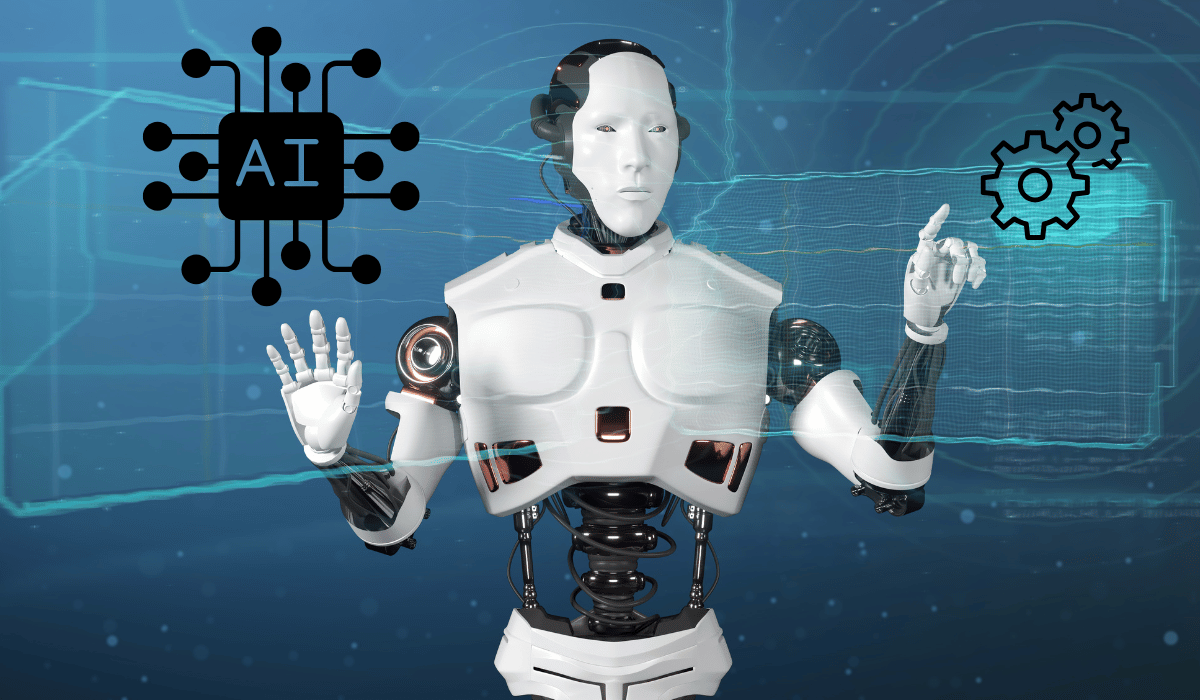Revolutionizing eBooks: How AI is Shaping the Future of Digital Reading
In today’s fast-paced digital world, Artificial Intelligence (AI) is emerging as a game-changer in various industries, including the world of eBooks. From personalized reading experiences to smarter content creation, AI is transforming how we create, distribute, and consume digital books. Let’s explore how AI is redefining the eBook landscape and what this means for readers and authors alike.
Table of Contents
1. Personalized Reading Experiences
AI algorithms are making reading more engaging and tailored to individual preferences. Platforms powered by AI analyze user behavior, such as reading speed, genre preferences, and highlighted text, to recommend books that align with a reader’s unique tastes. For instance, imagine finishing a mystery novel and instantly receiving a curated list of similar thrillers—AI makes this possible.
2. Enhanced Content Creation
For authors and publishers, AI offers innovative tools to streamline the content creation process. AI writing assistants can help draft, edit, and even translate books, reducing the time and effort needed to bring ideas to life. Authors can focus on storytelling while AI handles repetitive tasks like formatting or proofreading.
3. Audiobooks and AI Narration
The rise of AI-generated voices has made audiobook creation faster and more affordable. AI narrators, powered by natural language processing (NLP), produce lifelike audio that rivals professional human narration. This means more eBooks can be converted into audiobooks, making stories accessible to a broader audience, including those with visual impairments.
4. Smarter eBook Marketing
AI-driven tools help authors and publishers optimize their marketing strategies. From analyzing audience demographics to predicting trends, AI enables precise targeting for eBook promotions. Chatbots and AI-powered customer service platforms also enhance user engagement, answering queries and offering recommendations in real time.
5. AI in Educational eBooks
AI’s potential in educational eBooks is enormous. Interactive textbooks now use AI to adapt content based on a student’s learning pace and style. Features like real-time quizzes, virtual tutors, and progress tracking ensure a more effective learning experience. These innovations make educational eBooks not only informative but also highly interactive.
6. Challenges and Ethical Considerations
While AI brings numerous benefits, it’s essential to address challenges like data privacy and copyright issues. Authors and publishers must ensure that AI tools respect intellectual property rights and prioritize ethical use of user data.
Conclusion
Artificial Intelligence is revolutionizing the eBook industry, offering limitless possibilities for readers, authors, and publishers. As AI continues to evolve, it promises to make digital reading more immersive, efficient, and inclusive. Whether you’re an avid reader or a budding author, embracing AI can unlock new opportunities in the world of eBooks.

